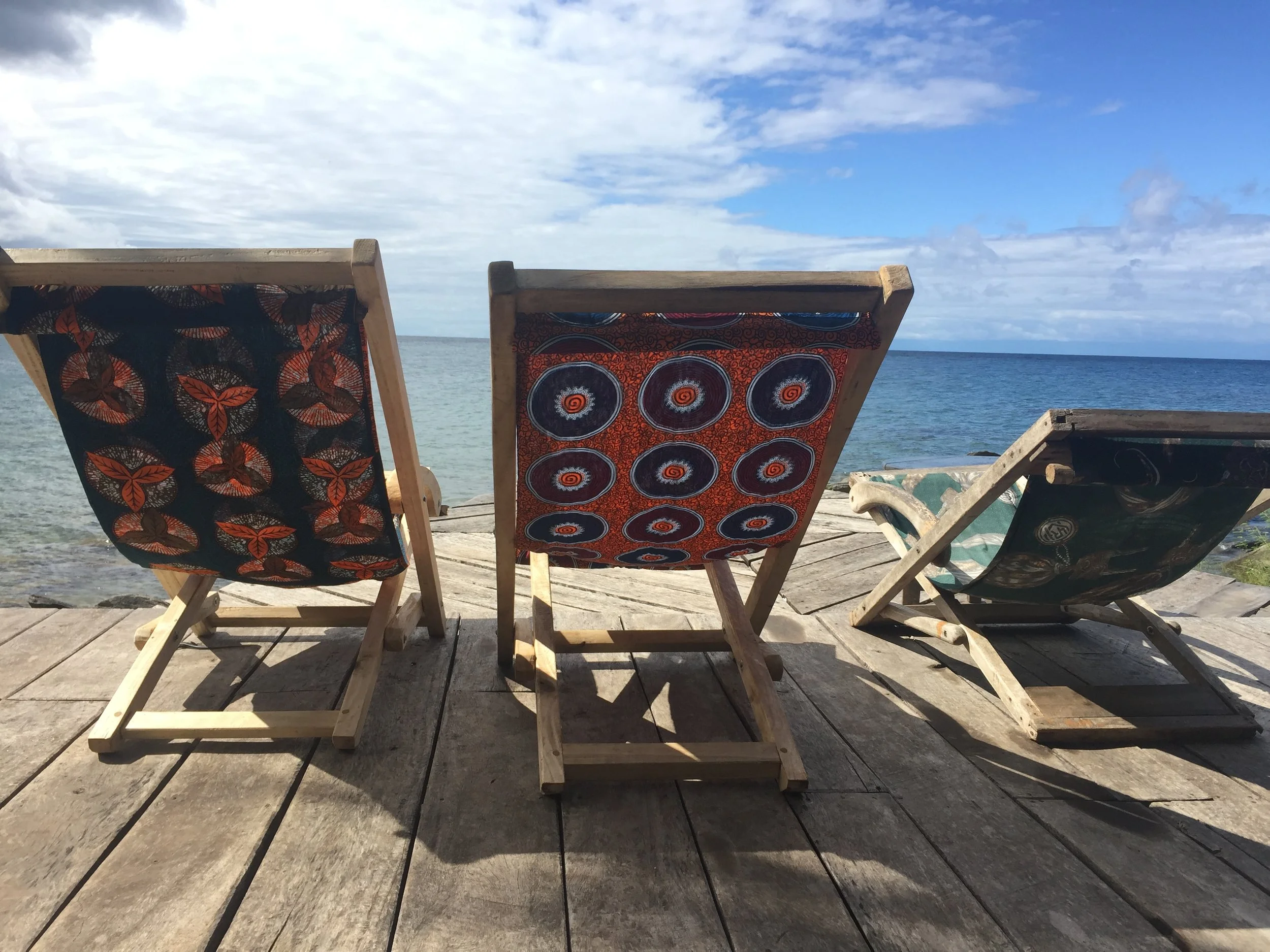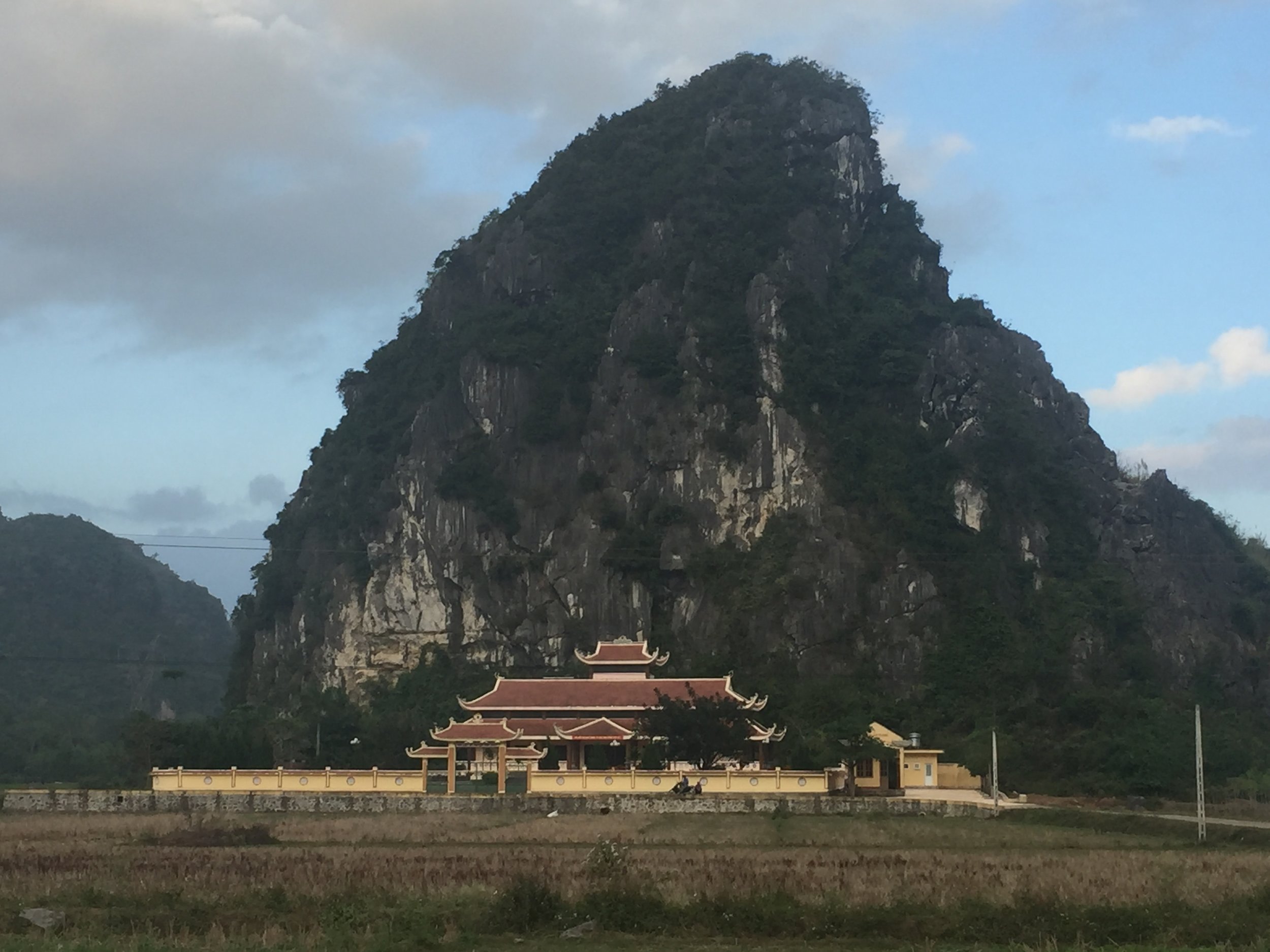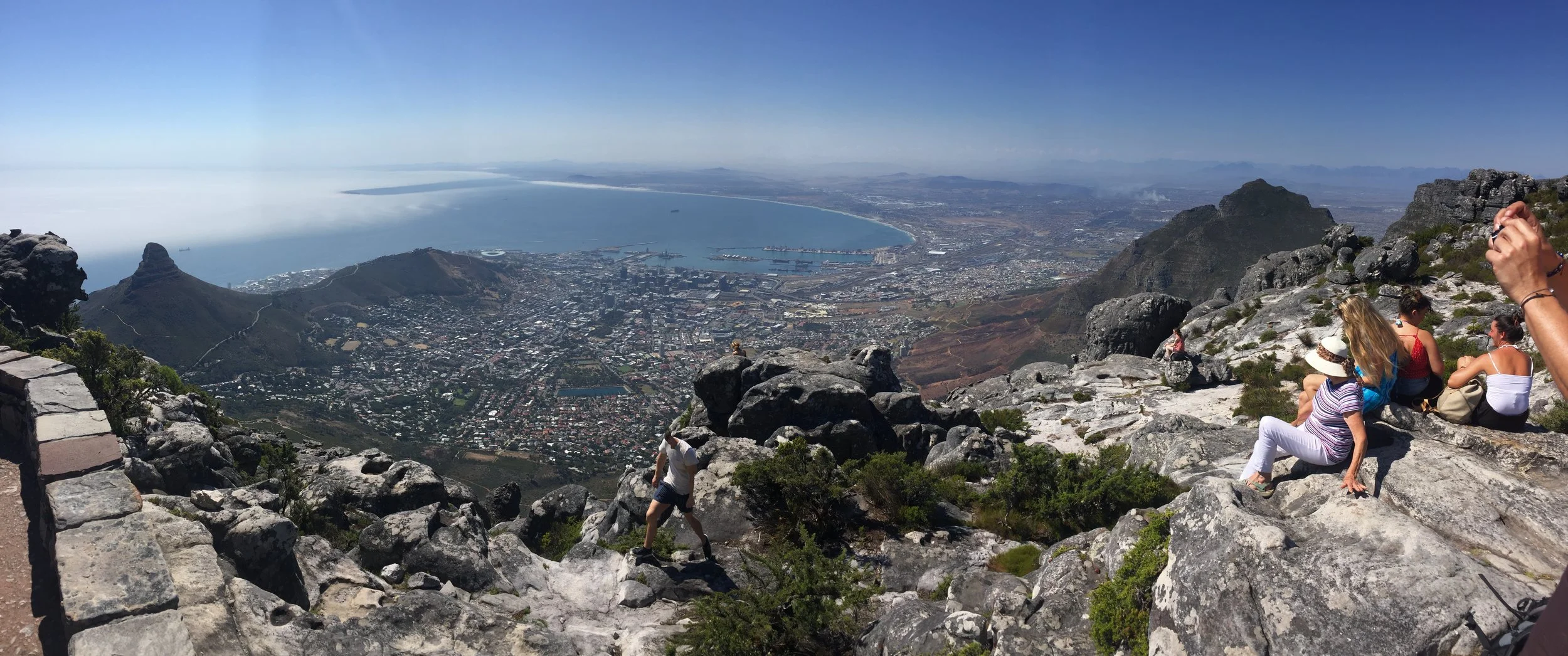when the bus is full

By far the poorest country on my overland adventure, Malawi was also one of the friendliest and most beautiful. It is hard to tell if the "warm heart of Africa," as Malawi is known, was so amicable in spite of its abject poverty or because of it.
Much of the destitution of Malawi today can be traced back to the corruption and repression of its first president, Hastings Banda, who ruled for 33 years. Malawi now boasts the 170th best human development index out of 188 countries, ranking lower than Afghanistan. In GDP per capita, it ranks even more poorly - landing at 224th place out of 230, with a GDP of $1,100 a year.
Banda's legacy on the country is mixed. His regime was propitious for women's rights, infrastructure, and education. Yet it was also a brutal dictatorship, accused of incarcerating and killing as many as 18,000 political dissidents. When the Cold War ended, the west had no need for another anti-communist dictator in east Africa, and so Banda's regime slowly eroded away, leaving very few pieces for the regular Malawians to pick up.
Not much happens at the Lilongwe bus stations, where travelers sit for hours waiting for their buses to load up with enough passengers enough to leave.
A man on the bus asked me to keep this photo I took to remember him.
My introduction to the country's warmth occurred before I had even crossed the border from Zambia. Riding the bus from Lusaka (Zambia's capital) to Chipata (on the Malawi border), I was almost out of kwacha to spend. When the bus stopped at a local market on the side of a highway, a young man on the bus started making conversation as we milled about, stretching our legs. When he found out that I wasn't eating from the market because I had no kwacha, he immediately bought a salted fish and insisted I split it with him. Though I tried to decline, he insisted until I took some. And it was delicious.
The young man lived in Lilongwe, where I was headed, and worked there as a handicraft carver and a pastor. His name, which he had chosen for himself from the Bible, was Emmanuel. He was traveling with friends - "they are all my brothers" - back from a church and worship conference in Zambia. This would be my first glimpse into the fervent Christianity that generations of missionaries working in Malawi had imprinted on the people there.
The next day, in Lilongwe, I met up with Emmanuel at his craft stand, set up on the ground outside the city's post office. Lilongwe is big and crowded with traffic, but has little in the way of buildings over a couple stories. Large crosses dot the landscape and the horizon. Most of the travelers I shared my hostel with were missionaries - a large group of them on an 11-month trip to help people and proselytize around the world.
While we walked around the town, Emmanuel quizzed me on my Biblical knowledge - which is pretty sorely lacking - and told me about his plans to become the head pastor at a new church just built down his street. When we parted ways, he insisted on giving me his Livestrong-style bracelet, which was patterned in 5 consecutive colors: black ("at first I was in darkness"), red ("but through the blood of Christ"), white ("I've seen the light"), green ("and now I can grow"), and yellow ("until I reach salvation.")
Walking along the cliffs by Mayoka, overlooking Nkhata Bay.
A reggae bar by Mayoka.
Much of the time in east Africa, it can get grating that most people instinctively approach and talk to you simply because you are white. Much like the misanthropes and introverts who pass each other by back home without making so much as eye contact, you find yourself at times actively avoiding anyone on the street. Hawkers chase you to buy their goods or ride in their cabs. Anyone with something to sell whistles at you or make the "ts! ts!" noises commonly meant to get immediate attention. But as much as it could be draining to be a constant object of attention, I realized that for many of these people it was because there was a remote chance that something, anything, could come from getting my attention.
Buses in southern Africa are a difficult proposition. Many have non-existent schedules, crowded seats, and meandering routes. Malawi, however, takes the concept of the African chicken bus to its extreme.
I showed up for a bus from Lilongwe to Nkhata Bay, about 3 hours north, at its scheduled time - noon. It was then that I found out that the Malawian bus system runs on a capacity, not time, schedule. The noon bus would leave when it was full - and unlike the conventional definition of 'a passenger in each seat,' 'full' in Malawi means full. The bus stayed put at the station from noon to 7:30, while I sat waiting for more commuters to show. Eventually, around 6, the bus started to fill until there were no more seats available. Then, vendors shipping large boxes of shoes, fruit, and produce began to load the back of the aisle with their cargo. On top of that cargo, they seated yet more passengers, and then packed the aisle with yet more people until they could not add any more. Because the aisle was shoulder-to-shoulder with humans packed like sardines, their children would sit on the laps of those passengers lucky enough to get a seat - me, in this case - who would sit three to every two seats.
The bus, which left around 7:30, made it to Nkhata Bay at 3am. The total journey took about 12 hours longer than expected. For the duration of the ride, it was too cramped to move - if I had wanted to rearrange my legs or scratch my back, I would have had to move all the people sitting around me. Eventually, I fell asleep sitting up, wedged between a few strangers, with no idea of where the bus was or when it would get to its destination. Sitting there, I began to think about all the frivolous things I enjoyed back home. I thought about the big backyard in my fraternity with its basketball court. I thought about skiing. I thought about grabbing coffee with coworkers during work hours to talk about tech. All of these things seemed indulgent, almost fantastical now, packed into a sweaty bus on a warm, wet night in the African jungle.
My namesake in Nkhata Bay is a successful barber.
Views of the Butterfly Space lakeside deck and hammocks.
I arrived at my hostel in Nkhata Bay around 4am, exhausted, and immediately fell asleep. By late the next morning, the hostel had cleared out for the day. The occupants of the Butterfly Space, a hippy cross between a campsite and a low-budget resort, were all volunteers in Nkhata. They worked on projects ranging from AIDS awareness to child education with enterprising locals.
The dynamic at the Nkhata Bay hostel was different from anywhere I had stayed before. During the day, volunteers and aid workers would clear out to their respective jobs; at night, they and the locals would all come back to the hostel to grab beers together. Locals, born with Chichewa names, choose English names for themselves to make it easier for travelers. The ones I met included Simple, Jenkins, and Happy Coconut.
Moreso than anywhere I had traveled before, the semi-professional status of the hostel's guests made it easy to blur the local-traveler distinction. Alice, a woman from the UK, had come as a volunteer some 5 or 10 years ago and was now raising two children with a local. Many others, having fallen in love with the town and the people, were in relationships together.
Each volunteer had their own fascinating story, such as Francis, who planned to travel from Malawi up to Tanzania to buy a motorcycle, which he would take to a refugee camp on the border with Burundi. In his native Quebec, Francis helped accommodate a family of refugees into Canadian society. Upon leaving for Africa, he promised them he would visit the camp where their two kids had grown up for most of their lives - 16 years before they were accepted into Canada.
Nkhata Bay was a sleepy town alongside lake Malawi, a humid lake with beautiful rocky beaches besieged by mosquitoes. Locals here eschewed the popular evangelical Christianity in favor of Rastafarianism, and I was never far from the smell of a joint hanging in the air. Life moved at a slow pace, for there was not much to do, and what needed doing didn't need doing all that fast.
One day, I joined some of the girls volunteering at the local elementary school, Stepping Stones. They ran an after-school program with the kids whose parents worked late. Some of the boys, around 10 and 12, in an act to signify their maturity, had taken hot irons and branded themselves on the arm the day before to give themselves "tattoos."
That night, I joined my friend Charity, who grew up in nearby Mzuzu, for dinner at her friend's Sarinia's house. While Sarinia cooked dinner - fish and rise in a metal pot on a small outdoor fire - I played with her 2-year old son, Bule. His name was short for "Blessings," and we quickly became friends. When I left, I asked Charity how old Sarinia was. The answer, characteristic of so many African mothers: 20.
The rolling hills and fields of Malawi are a beautiful bright green - untouched by anyone but farmers.
Traveling through Malawi, you quickly realize that the nicest building in any village is a mobile phone kiosk, set up to send money and buy mobile phone airtime. The shops all seem to be sponsored by mobile providers - Vodafone, Airtel, Telekom - who likely offer a free coat of paint in exchange for carrying their logo.
Yet, for all its poverty, Malawi was remarkably peaceful, clean, and ebullient. The trash, air pollution, begging, and misery so prevalent in countries like India was absent in the small, warm heart of Africa. It drove home for me, for the first time, the point that there didn't have to be a linear relationship between destitution and suffering - for all their predicaments, so many people born with so little still led happy lives.
After a week in Malawi, my transit visa was running out and I had to move on up north to Tanzania. I took a series of minibuses up to Mbeya, in the west of Tanzania, where I would catch an overnight train to Dar es Salaam. The minibuses in Malawi operate much like Zeno's Paradox. They trace an asymptote, constantly approaching the border but never getting quite there. Stopping for police checkpoints and restroom breaks sometimes at 2 minute intervals, it felt like I would never actually make it out of the country until I did, skipping over the border to my second-last country on this long, strange adventure.
Nik / 5.31.17















